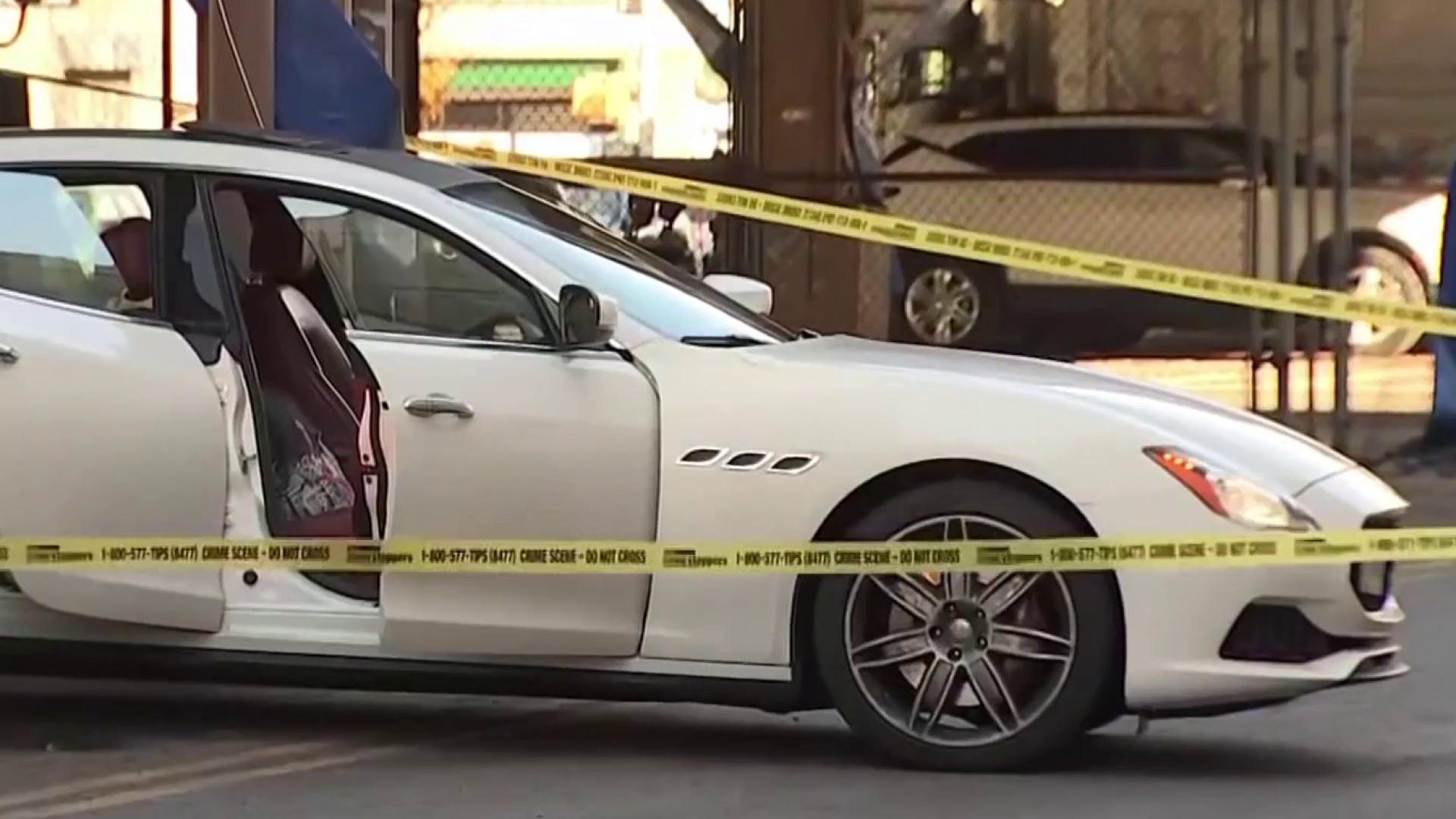Dr. Craig Spencer, the physician being treated for Ebola at Bellevue Hospital, has entered the next phase of the illness: the onset of gastrointestinal symptoms, health officials said.
To combat his symptoms, he received a plasma transfusion from the second American Ebola patient Nancy Writebol on Saturday. The blood donation was confirmed by the Christian organization, SIM, that Writebol worked with before she was admitted to Emory University Hospital in August.
Authorities updated Spencer's condition as his fiancee, Morgan Dixon, returned to their Hamilton Heights apartment, where she will remain under quarantine. Dixon had been quarantined at Bellevue, though she had not developed any sign of the illness. Workers in protective gear cleaned the apartment on 147th Street between Broadway and Amsterdam Avenue earlier in the day.
Spencer is awake, communicating and undergoing plasma and antiviral therapies, treatments that have been used to treat Ebola patients at Emory University Hospital in Atlanta and at the Nebraska Medical Center, city health officials said in a statement.
Because Spencer caught the virus early, it was expected that his condition might deteriorate at first.
"People tend to get worse before they get better," said Dr. Mary Bassett, the commissioner of the city Department of Health and Mental Hygiene. "So he remains in stable condition but we are aware that this is the natural course of this disease."
Dixon's family said they have not been in physical contact with their daughter and future son-in-law since Spencer returned from volunteering with Doctors Without Borders in Guinea.
"We have confidence in the medical care Craig is receiving and we are hoping for a complete recovery," the family said in statement.
As Spencer fought the disease in hospital bed, Mayor Bill de Blasio and city officials returned on Saturday to many of the spots the doctor visited before he fell ill. De Blasio, First Lady Chirlane McCray and Bassett had lunch at The Meatball Shop, where Spencer ate two days before his diagnosis.
"At 6 o'clock last evening we opened up the doors and I was a little nervous to see what would happen," said Daniel Holzman, the owner of Greenwich Avenue eatery, addressing the press alongside the mayor. "But we had a line down the block and we filled up immediately and we were busy all night last night."
De Blasio reiterated that New Yorkers are not at risk from Ebola and do not need to alter their daily routines.
"It is a rare instance in which Ebola is transmitted," the mayor said. "It requires, bluntly, intimate contact."
Spencer's work in Guinea included direct contact with sick people: taking their temperature, following the evolution of their cases, taking their vital signs and ensuring the clinic was properly maintained.
He was hospitalized at Bellevue Thursday, six days after returning from Guinea. Health officials said he began feeling tired on Tuesday, spent a day out in the city on Wednesday, and then alerted authorities when he developed a fever Thursday morning.
Local
Experts have repeatedly assured the public that there is little chance that Spencer spread the virus prior to developing symptoms, but his case prompted the governors of New York, New Jersey and Illinois on Friday to order a mandatory quarantine for any arriving international travelers who had contact with Ebola patients in three West African countries.
The first health care worker to face that mandatory quarantine after arriving at Newark Liberty International Airport, criticized the process, calling it "a frenzy of fear disorganization (and) fear."
Gov. Andrew Cuomo criticized Spencer, saying he should have stayed home until any danger period for the disease had passed. The virus can hide in the body for up to 21 days before a person develops symptoms.
"Dr. Spencer is a valued fellow and was a volunteer and did great work, but that was a voluntary quarantine situation for 21 days. He's a doctor and even he didn't follow the voluntary quarantine, let's be honest," Cuomo said.
Neither the U.S. Centers for Disease Control nor Doctors without Borders ask health care workers returning from the Ebola hot zone to quarantine themselves, but they do recommend that they monitor their temperature at least twice a day. Spencer was complying with that guidance, officials have said.



